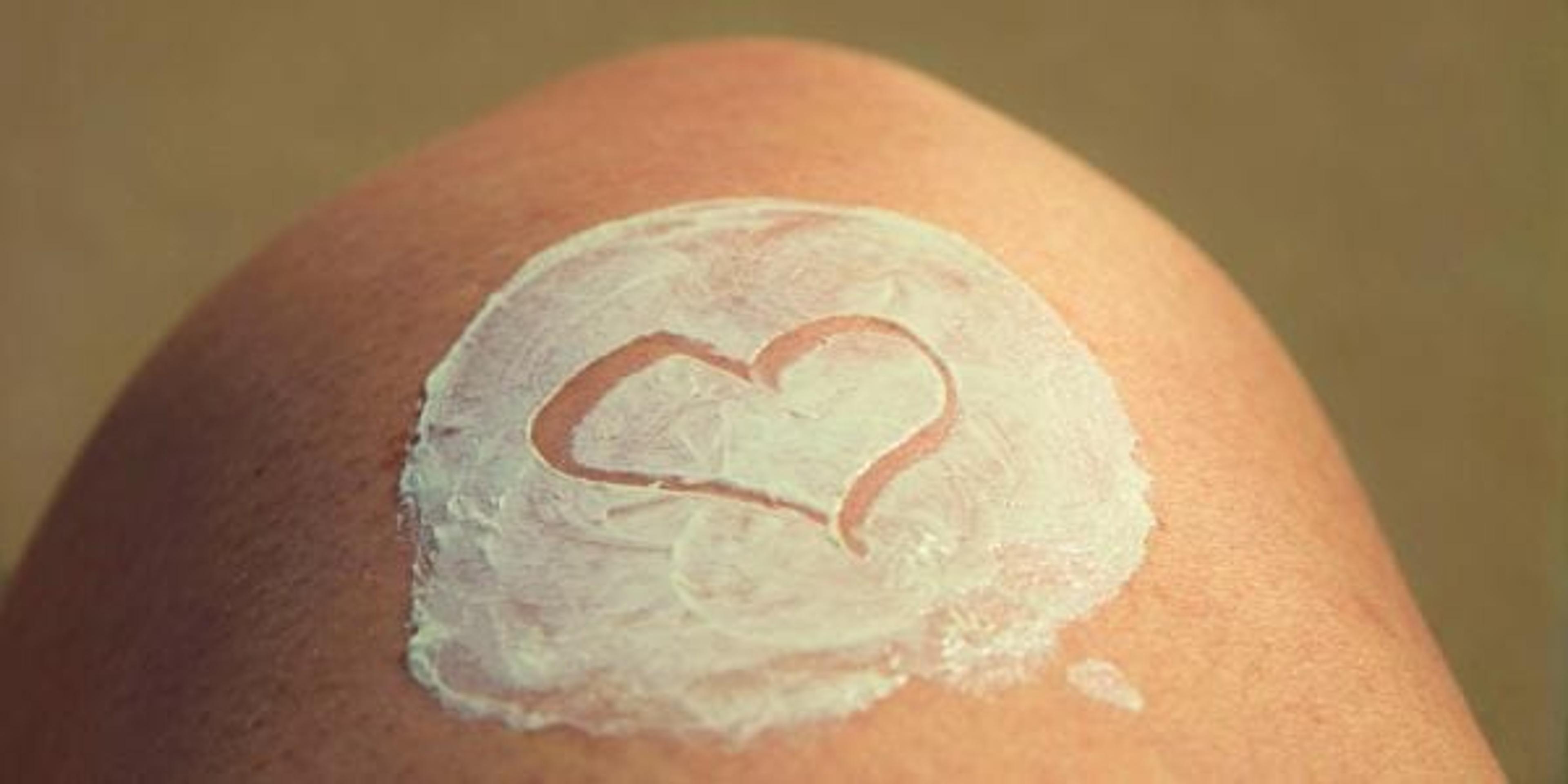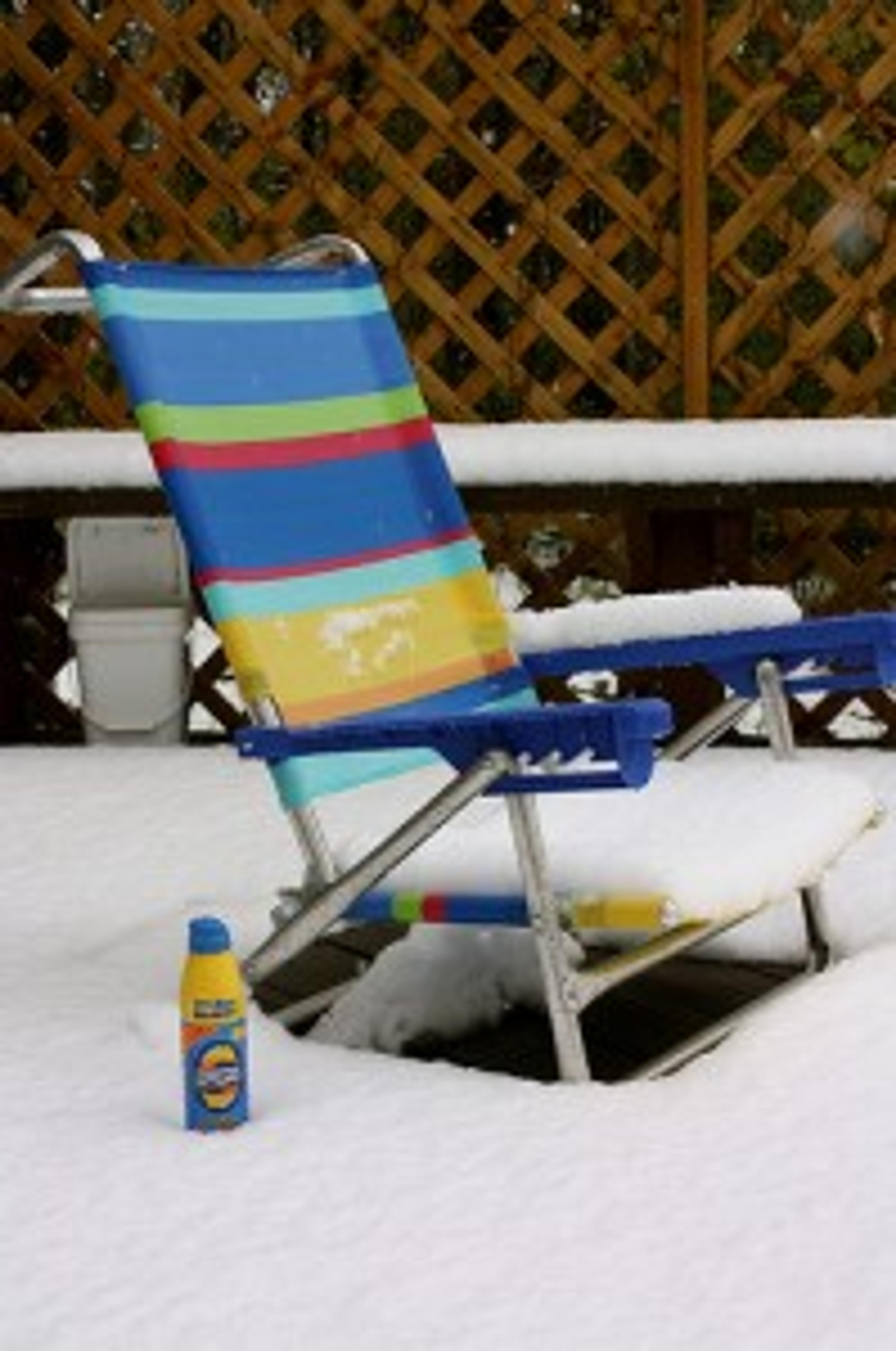The importance of wearing sunscreen in the winter

Kristin Coppens
| 2 min read


The importance of sunscreen and protecting our skin from harmful ultraviolet (UV) rays has been on a forefront of discussion for years now. The case for using it in the summer should already be obvious, but it’s important to stress that sunscreen is still essential in the winter months. We Michiganders are privy to long stretches of cloudiness, little to no sun, and (typically) vast amounts of snow, so we might be willing to overlook the need for sunscreen.
The sun emits UV rays, which is invisible radiation that can harm the skin and lead to premature skin aging and/or skin cancer, at all times throughout the year. There are two different types of UV rays, UVA and UVB. UVA rays are the most common, and the most harmful, type of sunshine as it reaches beyond the top layer of skin. UVB rays are still harmful, but not as much since the majority are absorbed by the ozone layer before they reach our skin.
During the winter months, skiers, snowboarders, and other participants of alpine sports are at a greater risk and, therefore, require a greater SPF within their sunscreens. This requirement stems from the fact that the greater the altitude, the higher the intensity of UV rays. In other words, for every 1,000 feet you climb, the UV rays increase in intensity by 4%. In every day activity, individuals should wear a minimum SPF of 15; however, winter sport participants should wear a minimum SPF of 30 to counteract the change in altitude and UV strength.
There are a few rules of thumb to note when picking the right and most beneficial sunscreens. First and foremost, each sunscreen should state that it protects against both UVA and UVB rays. Additionally, the American Academy of Dermatology (AAD) lists the most important ingredients necessary in sunscreens includes: avobenzone, cinoxate, ecamsule, menthyl anthranilate, octyl methoxycinnamate, octyl salicylate, oxybenzone, and sulisobenzone. Sunscreen should be reapplied every 2 hours to every part of exposed skin. You should also use lip balm with sunscreen in it to protect your lips from sun damage. To keep an eye out on the intensity of the UV rays each day, you can also check the daily UV index just as you would check the weather report.
What are your favorite sunscreen options?
Check out these blogs if you enjoyed this one:
Photo credit: SarahMcGowen





